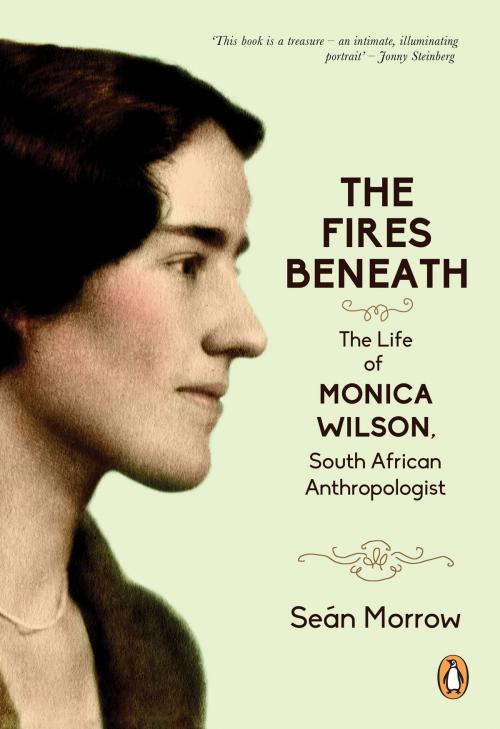The Fires Beneath
The Life of Monica Wilson, South African Anthropologist
Biography & Memoir, Historical, Nonfiction, History| Author: | Seán Morrow | ISBN: | 9781776090402 |
| Publisher: | Penguin Random House South Africa | Publication: | June 1, 2016 |
| Imprint: | Penguin | Language: | English |
| Author: | Seán Morrow |
| ISBN: | 9781776090402 |
| Publisher: | Penguin Random House South Africa |
| Publication: | June 1, 2016 |
| Imprint: | Penguin |
| Language: | English |
The life of Monica Wilson is a story of groundbreaking scholarship, passionate creativity and personal tragedy during South Africa’s bitter and divided twentieth century. As a young anthropologist in the 1930s, Monica immersed herself in the lives, work and beliefs of African communities in southern and East Africa, while carefully observing the effects of historical change. At the core of her existence was her intellectual collaboration and intense personal relationship with her husband, the brilliant but clinically depressive Godfrey Wilson, who took his own life in 1944. After Godfrey’s death, Monica raised their two children and built a career as a leading academic, at Fort Hare, Rhodes University College and the University of Cape Town. In a political environment where black academics were under constant threat and ideas were censored, she outspokenly advocated racial equality and freedom of speech, her publications emphasising a common South African identity and implicitly challenging apartheid ‘separate development’. This fascinating biography moves between the Eastern Cape, Cambridge, Tanganyika, Nyasaland, Northern Rhodesia and Cape Town. It explores the relationship between anthropology and history, and the tensions between liberalism, Christianity, Marxism and apartheid ideology. Drawing on the letters and diaries left by Monica and Godfrey Wilson, this is a powerful story about politics, race, war, faith, love and loss.
The life of Monica Wilson is a story of groundbreaking scholarship, passionate creativity and personal tragedy during South Africa’s bitter and divided twentieth century. As a young anthropologist in the 1930s, Monica immersed herself in the lives, work and beliefs of African communities in southern and East Africa, while carefully observing the effects of historical change. At the core of her existence was her intellectual collaboration and intense personal relationship with her husband, the brilliant but clinically depressive Godfrey Wilson, who took his own life in 1944. After Godfrey’s death, Monica raised their two children and built a career as a leading academic, at Fort Hare, Rhodes University College and the University of Cape Town. In a political environment where black academics were under constant threat and ideas were censored, she outspokenly advocated racial equality and freedom of speech, her publications emphasising a common South African identity and implicitly challenging apartheid ‘separate development’. This fascinating biography moves between the Eastern Cape, Cambridge, Tanganyika, Nyasaland, Northern Rhodesia and Cape Town. It explores the relationship between anthropology and history, and the tensions between liberalism, Christianity, Marxism and apartheid ideology. Drawing on the letters and diaries left by Monica and Godfrey Wilson, this is a powerful story about politics, race, war, faith, love and loss.















